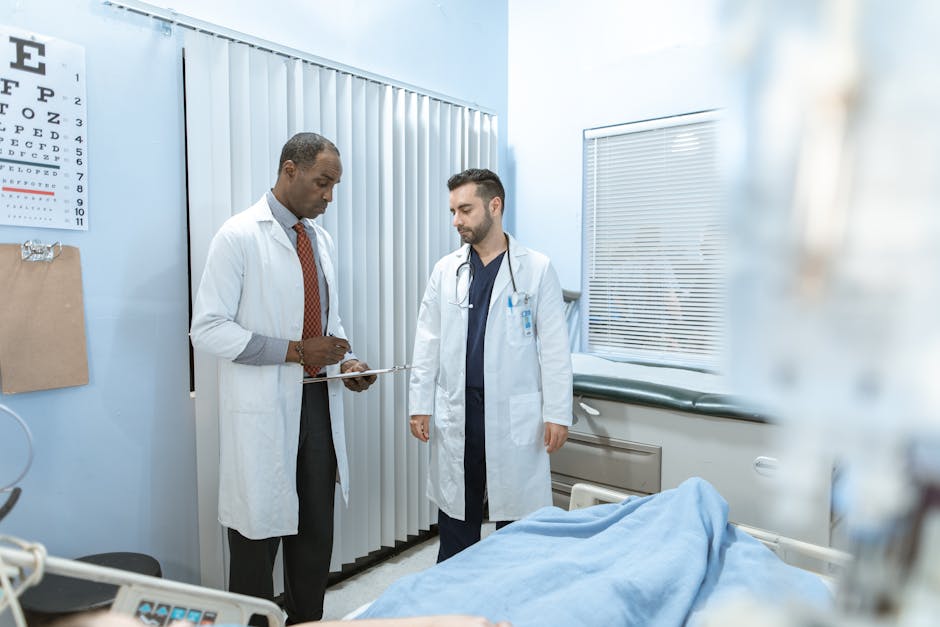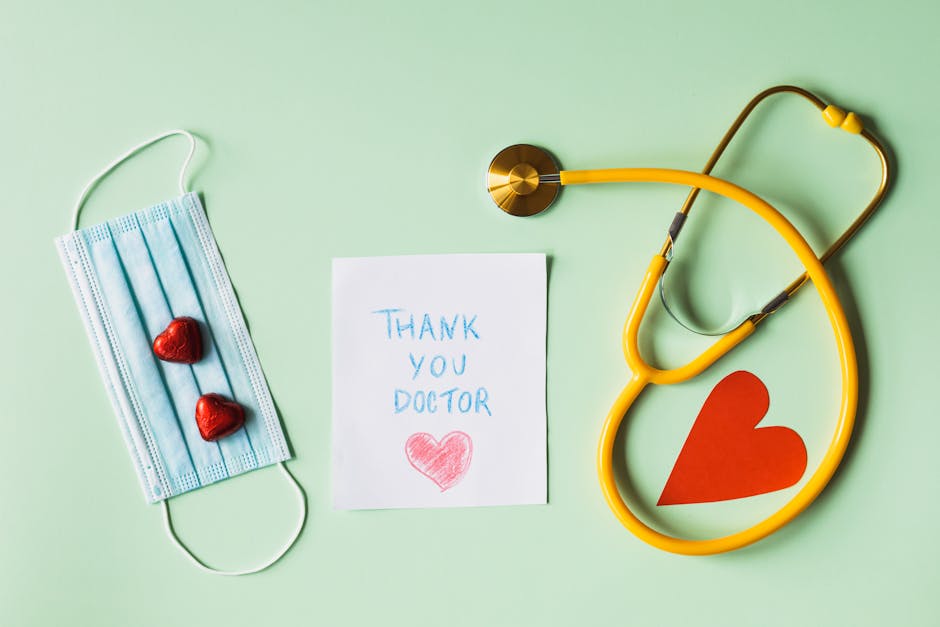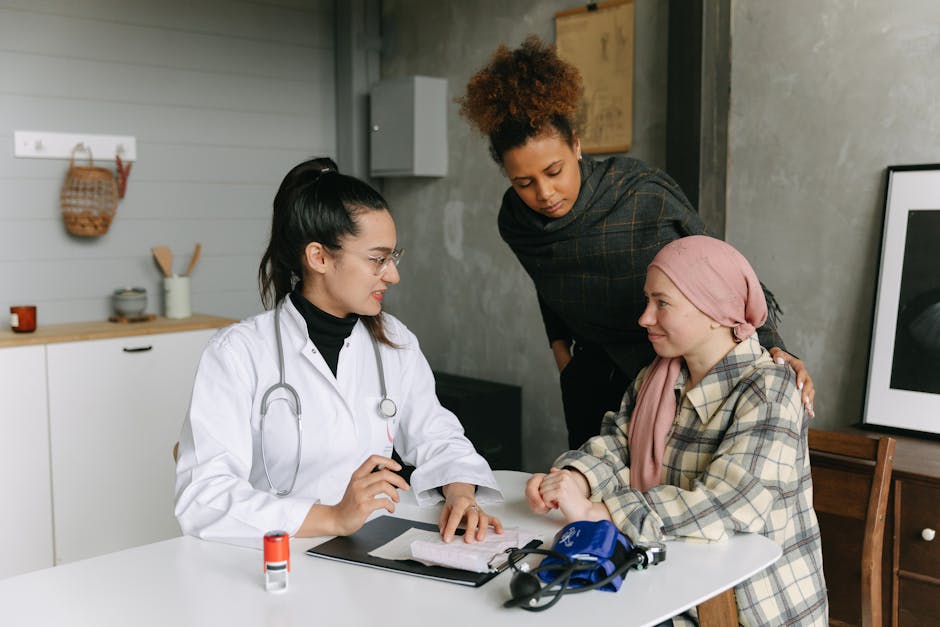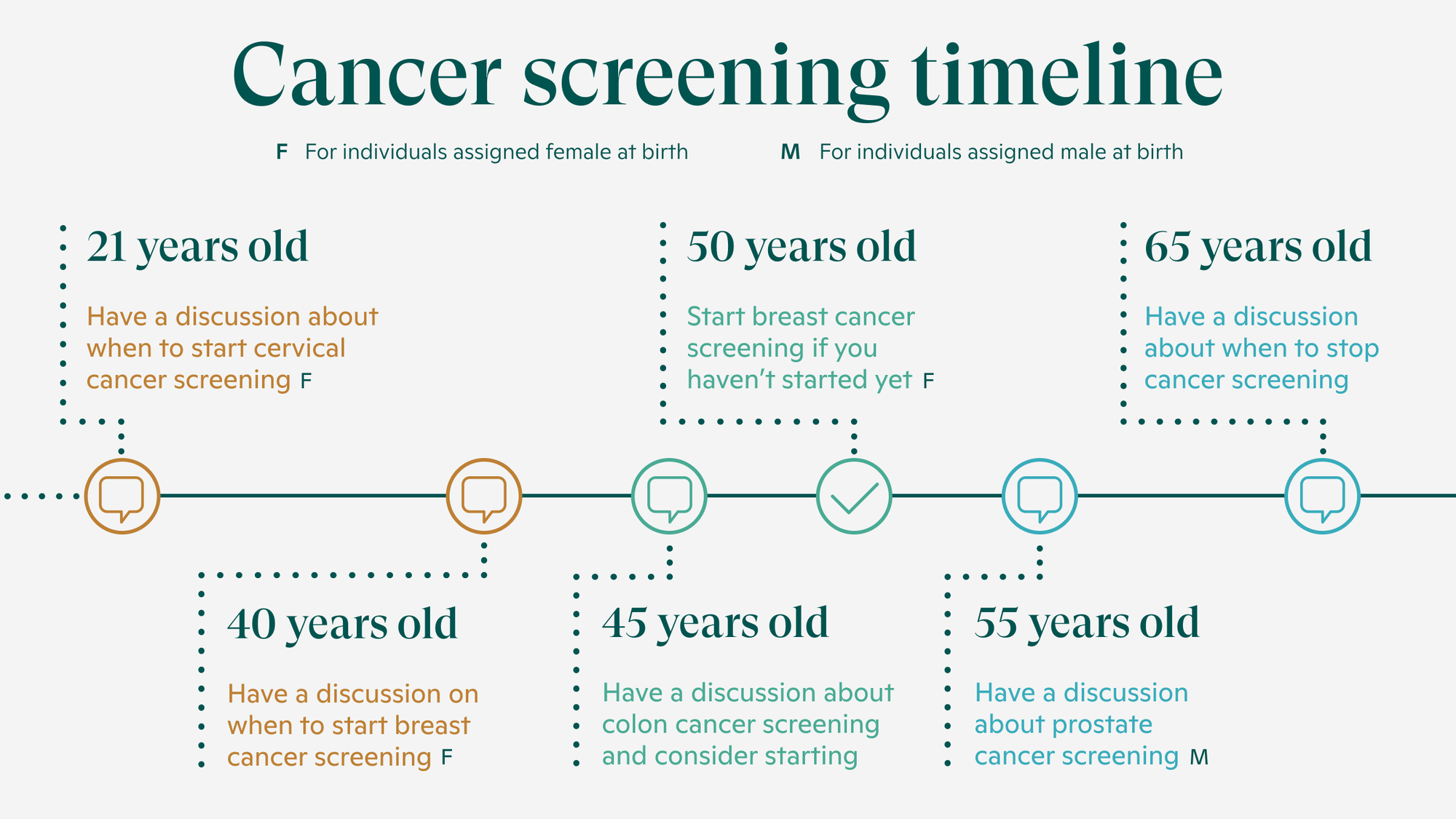Introduction : Health Screenings For Cancer
Cancer is one of the leading causes of death worldwide, with over 8 million deaths annually. Early detection and treatment of cancer can greatly improve the chances of survival. Health screenings are an important tool for the early detection of cancer.
There are many different types of cancer screenings available, and the best screening method for you may depend on your age, risk factors, and personal preferences. It’s important to talk to your doctor about which screenings are right for you.
This blog post will provide an overview of the importance of cancer screenings, how to prepare for a screening, and what to expect during and after the screening. We will also discuss different types of cancer screenings and when it’s time to see a doctor about possible signs and symptoms of cancer.
The importance of health screenings for cancer.
 Photo by Tima Miroshnichenko on Pexels
Photo by Tima Miroshnichenko on Pexels What cancer screenings are available?
Mammograms, pap tests, colonoscopies, and prostate exams are all types of cancer screenings that are available.
When should I get screened for cancer?
The American Cancer Society (ACS) recommends that women aged 45 and older should get a mammogram every year. Women aged 21 to 29 should have a pap test every three years. Women aged 30 to 65 should have a pap test and HPV test every five years. Men aged 50 and older should get a colonoscopy every 10 years. Men aged 40 and older should get a prostate exam every year.
What are the benefits of cancer screenings?
Cancer screenings can detect cancer early when it is most treatable. Early detection can also help prevent cancer from spreading to other parts of the body.
What are the risks of cancer screenings?
There are some risks associated with cancer screenings, such as false positive results (results that show you have cancer when you actually don’t) or false negative results (results that show you don’t have cancer when you actually do). There is also a small risk of being harmed during the screening procedure itself.
How to prepare for a cancer screening.
 Photo by RODNAE Productions on Pexels
Photo by RODNAE Productions on Pexels What should I do before a cancer screening?
It is important to talk to your doctor about any medications you are taking, as some medications can affect the results of certain cancer screenings. For example, blood thinners can make it difficult to get an accurate mammogram. You should also avoid using lotions, powders, or deodorants on the day of your screening, as these can also affect the results.
What should I expect during a cancer screening?
Cancer screenings are usually quick and painless. For a mammogram, you will need to remove all clothing from the waist up and will be asked to stand in front of the X-ray machine.
For a pap test, you will lie on your back on an exam table with your feet in stirrups. A speculum will be inserted into your vagina so that the doctor can see your cervix, and a small sample of cells will be taken from your cervix for testing.
For a colonoscopy, you will be given anesthesia so that you do not feel any pain during the procedure. A long, flexible tube with a camera attached will be inserted into your rectum and passed through your colon so that the doctor can look for any abnormal growths or polyps.
For a prostate exam, you will be asked to undress completely and put on a gown. The doctor will then insert a gloved finger into your rectum to feel for any abnormalities in the prostate gland.
What should I do after a cancer screening?
You should follow any instructions given to you by your doctor after your screening. For example, if you had a mammogram, you may need to have additional images taken of suspicious areas identified on the initial scan.
If you had a pap test, you may need to have another test done if abnormal cells were found. If you had a colonoscopy and polyps were removed, you may need to have another colonoscopy in five to ten years depending on the size and number of polyps removed.
Types of cancer screenings.
 Photo by Karolina Grabowska on Pexels
Photo by Karolina Grabowska on Pexels Mammogram
Mammograms are X-rays of the breast. They can be used to check for breast cancer in women who have no signs or symptoms of the disease. The American Cancer Society (ACS) recommends that women aged 45 and older have a mammogram every year. Women aged 40 to 44 should talk with their doctor about whether to start yearly mammograms.
Mammograms can also be used to screen for breast cancer in men, although this is not as common. The ACS does not have a specific recommendation for how often men should get mammograms. Talk with your doctor if you’re a man and you’re concerned about your risk for breast cancer.
Pap test
A Pap test is a screening test for cervical cancer. It involves collecting cells from your cervix, which is the lower part of your uterus that opens into your vagina. A Pap test can also reveal changes in your cervical cells that could lead to cancer.
The ACS recommends that women aged 21 to 29 have a Pap test every three years. Women aged 30 to 64 should have a Pap test and human papillomavirus (HPV) test together every five years.
This is called co-testing and it’s the preferred method of screening for cervical cancer. After age 65, you may stop having Pap tests if you’ve had at least three normal results in a row or at least two negative HPV tests in a row within the past 10 years, with no abnormal results since then.
If you’ve had a total hysterectomy (removal of the uterus and cervix), you don’t need further cervical cancer screening unless your surgery was done as treatment for cervical precancer or cancer, in which case your doctor will advise you accordingly.
Subsection 3 In addition to mammograms and Pap tests, there are other types of screenings that can be used to look for different types of cancers, including 3 colonoscopy: A colonoscopy is an exam used to screen for colorectal cancer. During a colonoscopy, a long, flexible tube with a camera on one end is inserted into the rectum and passed through the entire colon.
This allows the doctor to look for any abnormal growths or polyps that could be removed before they turn into cancerous tumors 4 prostate exam: A prostate exam is used to screen for prostate cancer in men ages 50 and up (or younger if you have an increased risk).
During a prostate exam, the doctor feels the prostate gland through the rectum to check for any lumps or abnormal growths. A prostate-specific antigen (PSA) test may also be done at the same time. This is a blood test that measures the level of PSA in the blood. An increased PSA level can be a sign of prostate cancer, but it can also be a sign of other conditions, such as an enlarged prostate.
When to see a doctor about cancer screenings.
 Photo by Thirdman on Pexels
Photo by Thirdman on Pexels What are the signs and symptoms of cancer?
There are many possible signs and symptoms of cancer. They vary depending on the type of cancer, where it is in the body, and how big it is. Some general signs and symptoms include:-Unexplained weight loss
-Fatigue-Loss of appetite
-Pain-Changes in bowel or bladder habits
-Unusual bleeding or discharge
-Thickening or lump in the breast or elsewhere
-Indigestion or difficulty swallowing
-Persistent cough or hoarseness there are not all the possible signs and symptoms of cancer.
If you have any concerns, please speak with your doctor.
When should I see a doctor about cancer screenings?
If you have any concerns about your risk for cancer, please speak with your doctor. They will be able to discuss your individual risk factors and recommend appropriate screenings.
Conclusion
Cancer screenings are an important part of maintaining your health and catching any potential problems early. There are a variety of cancer screenings available, and you should talk to your doctor to determine which ones are right for you. Most cancer screenings are quick and easy, and the benefits far outweigh the risks. With a little preparation, you can make sure that your cancer screening goes smoothly.

